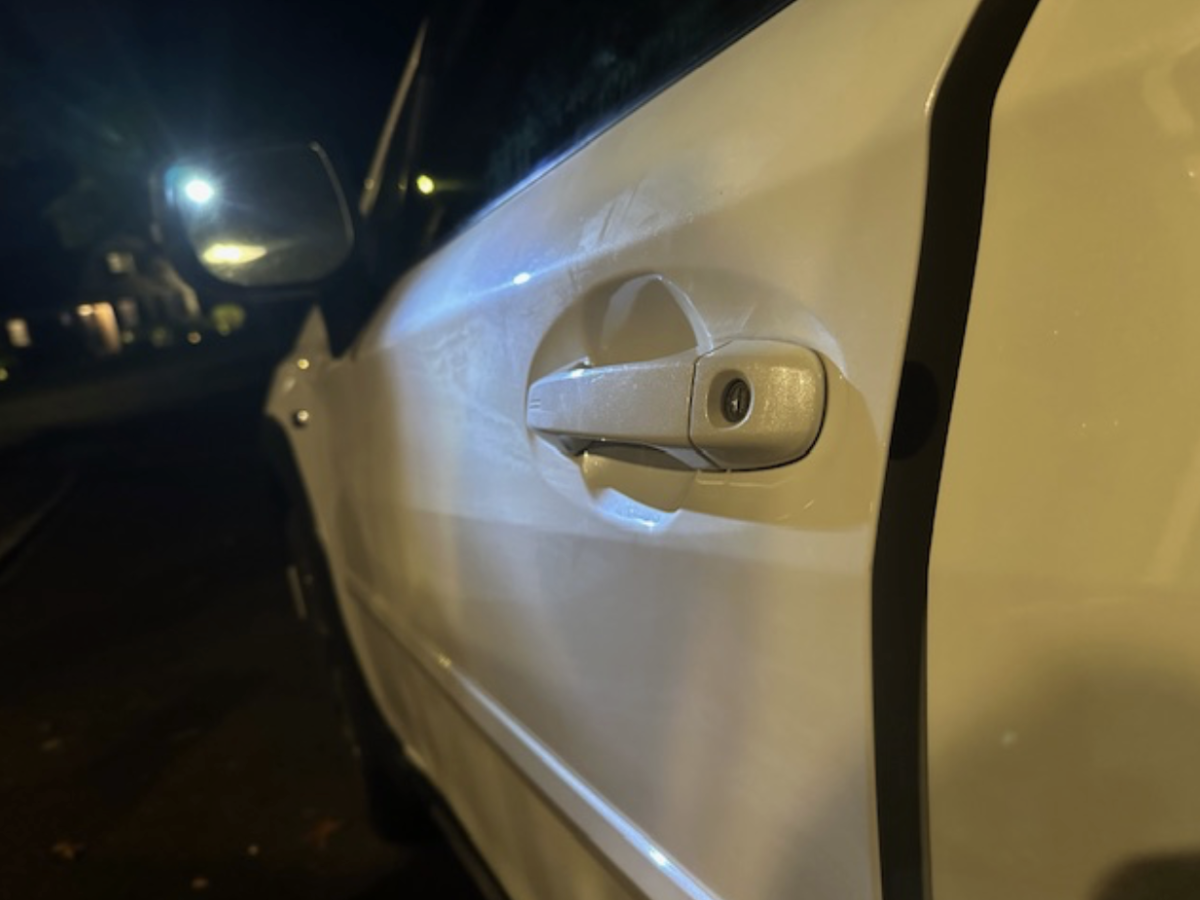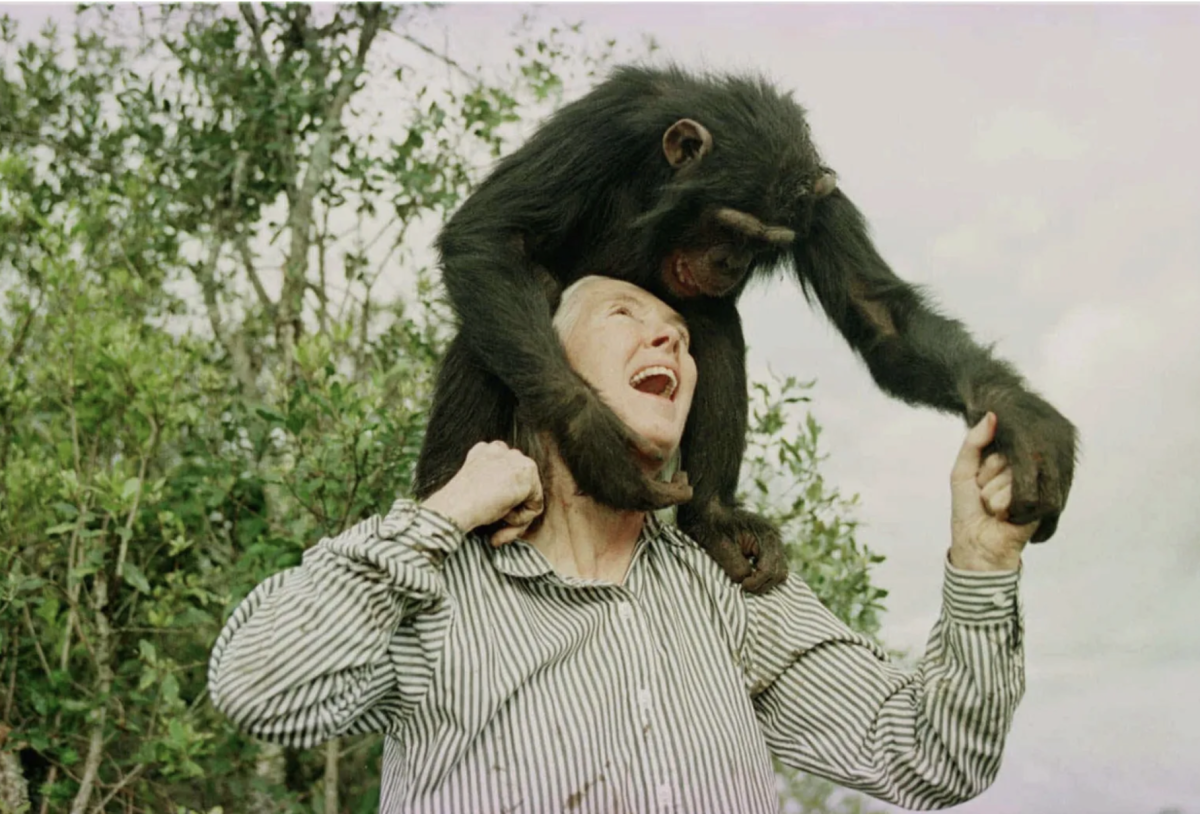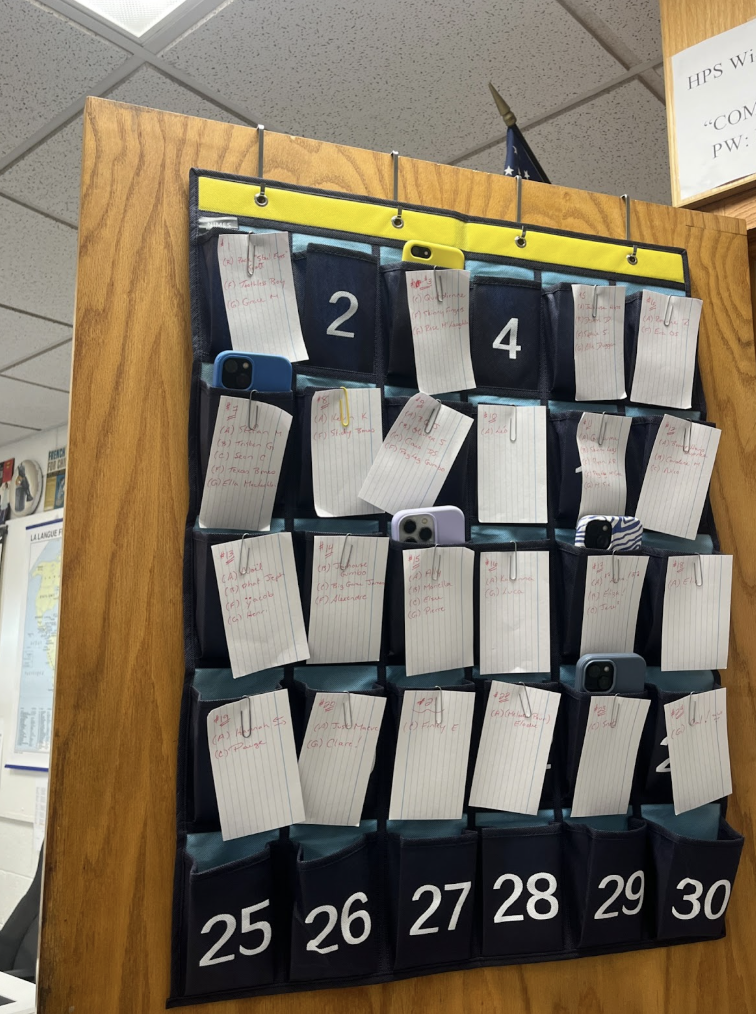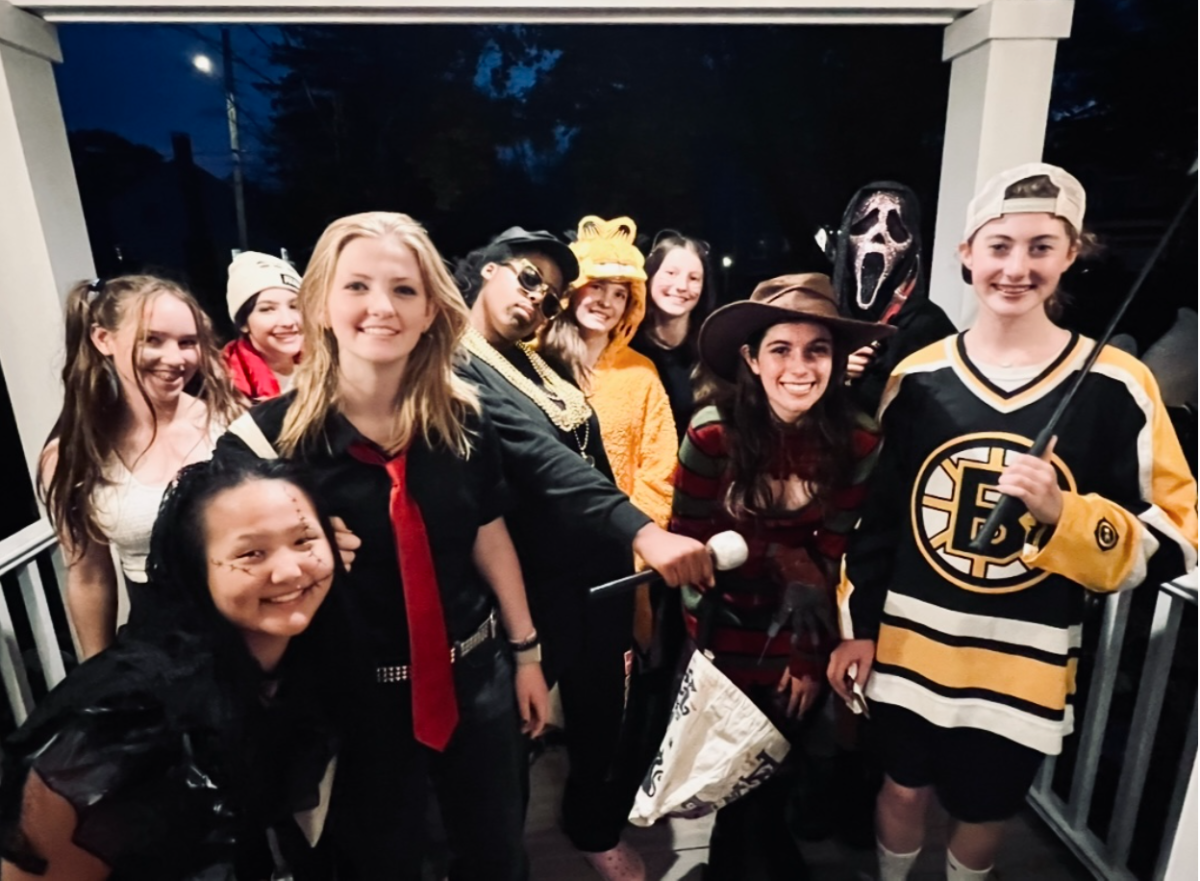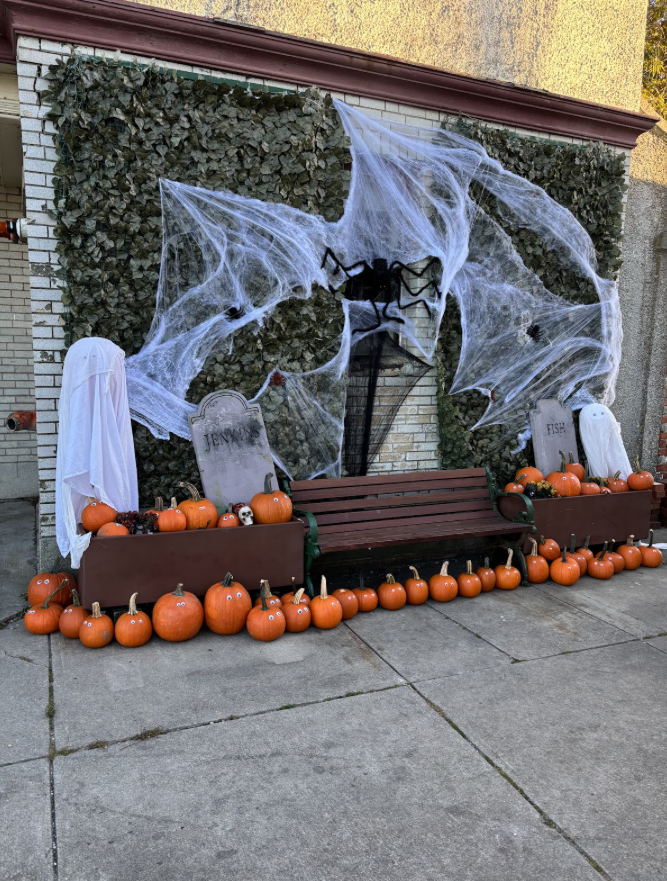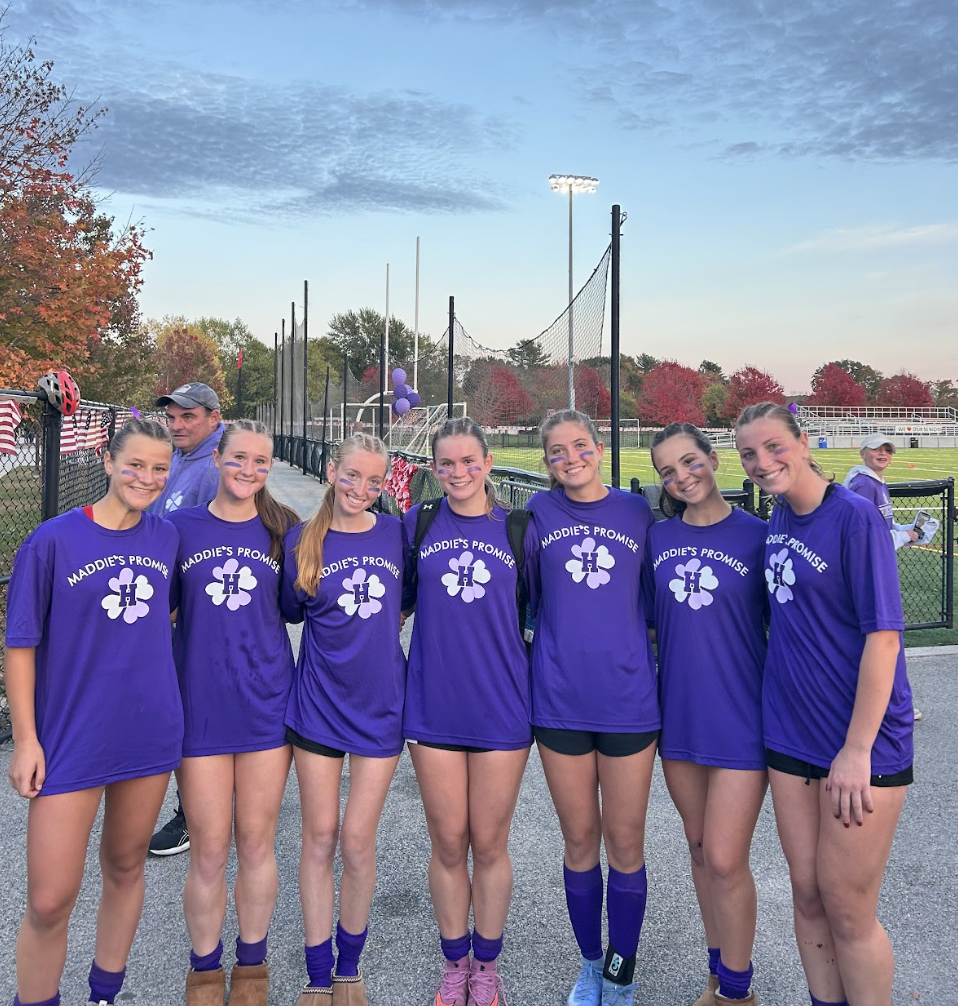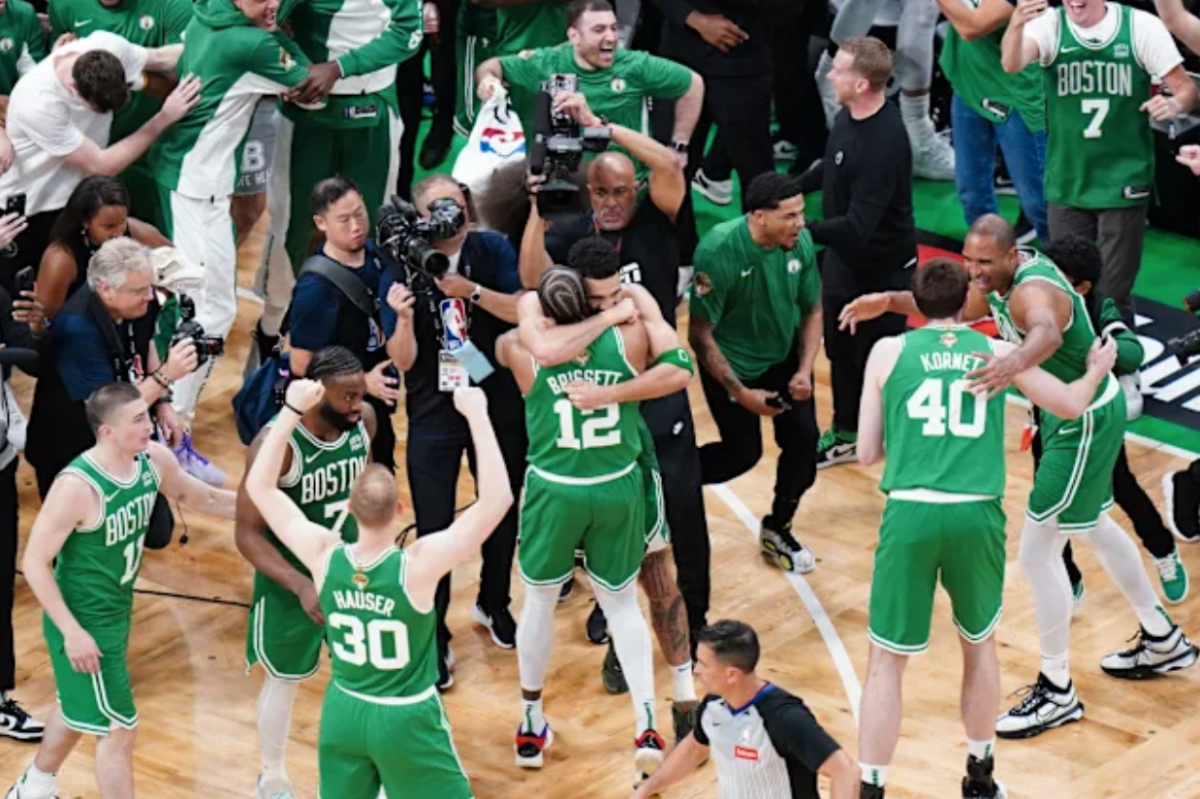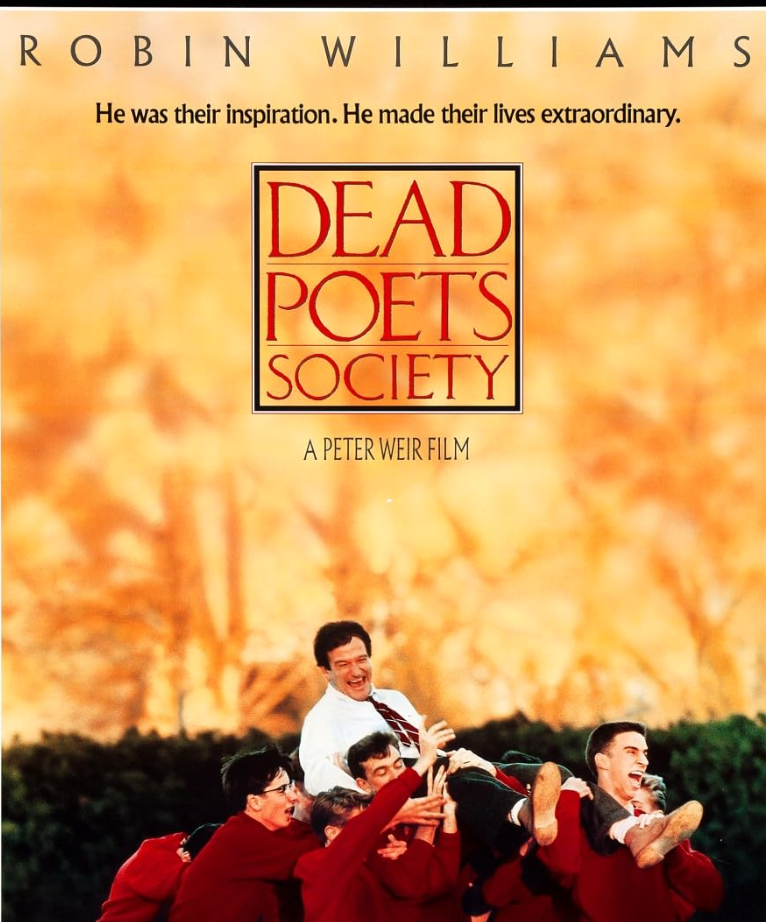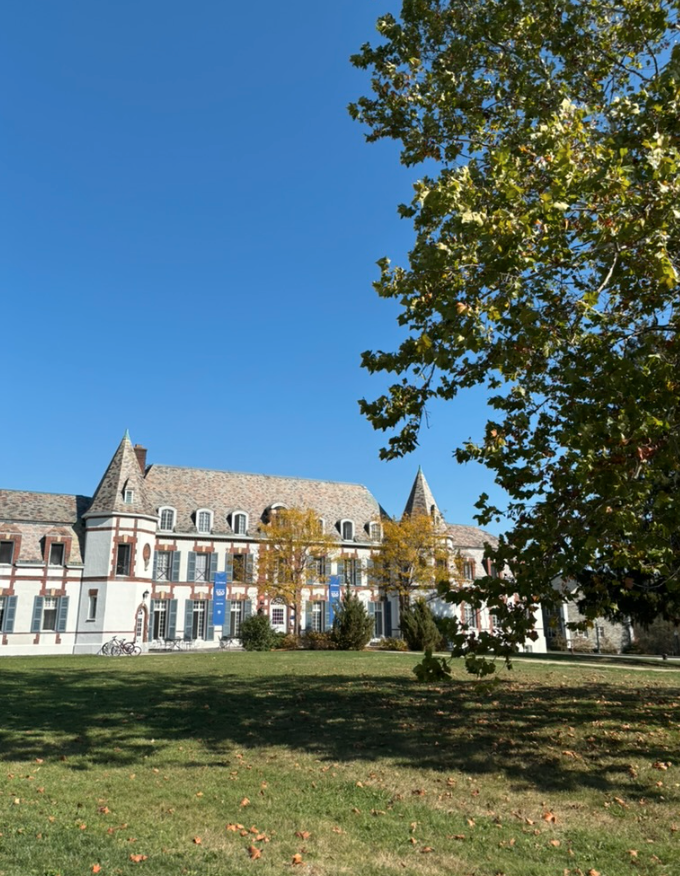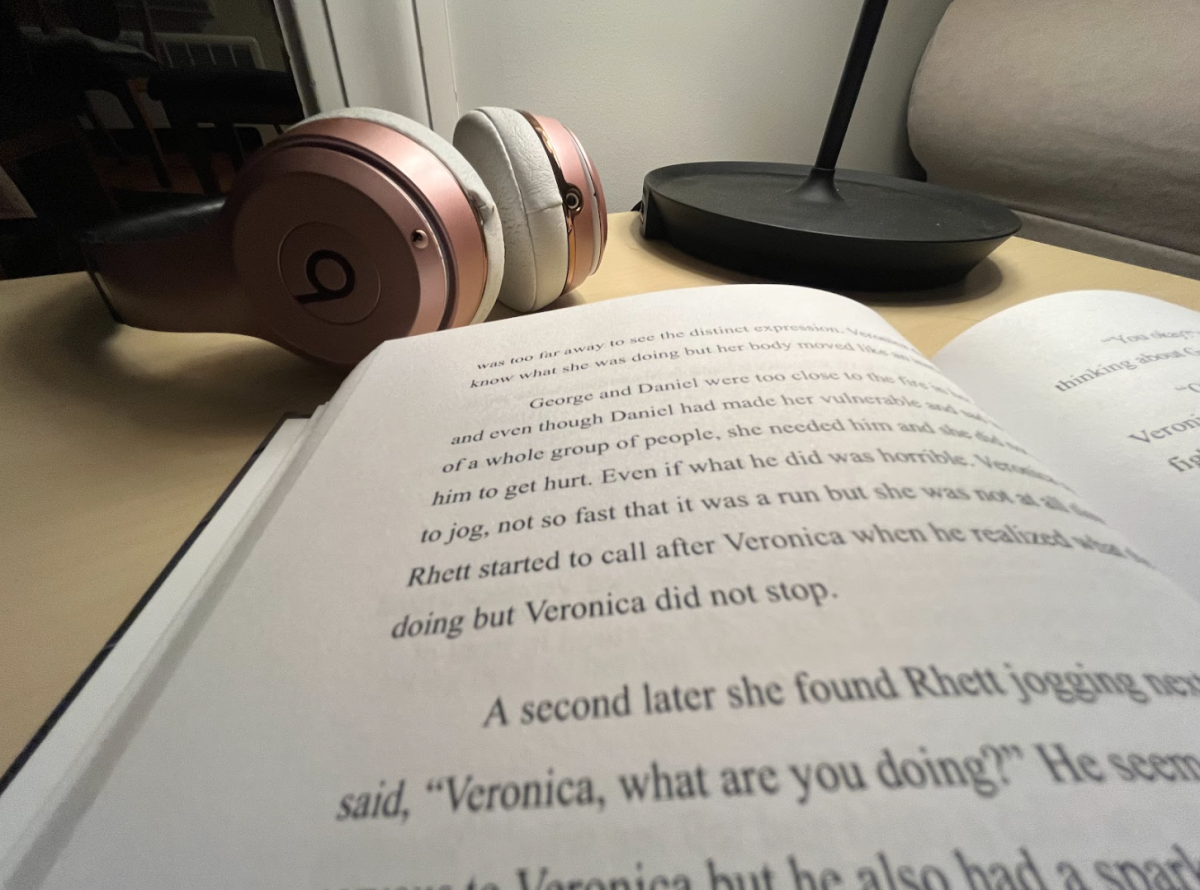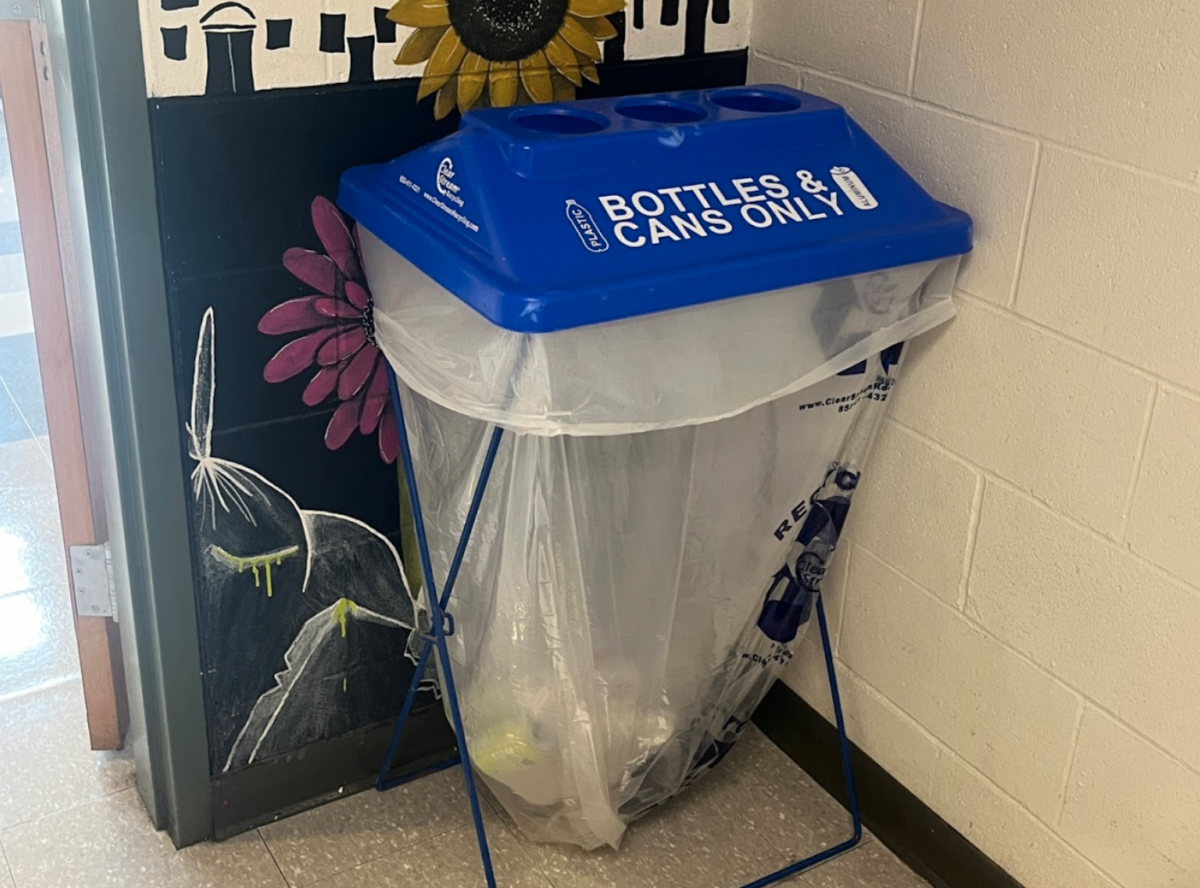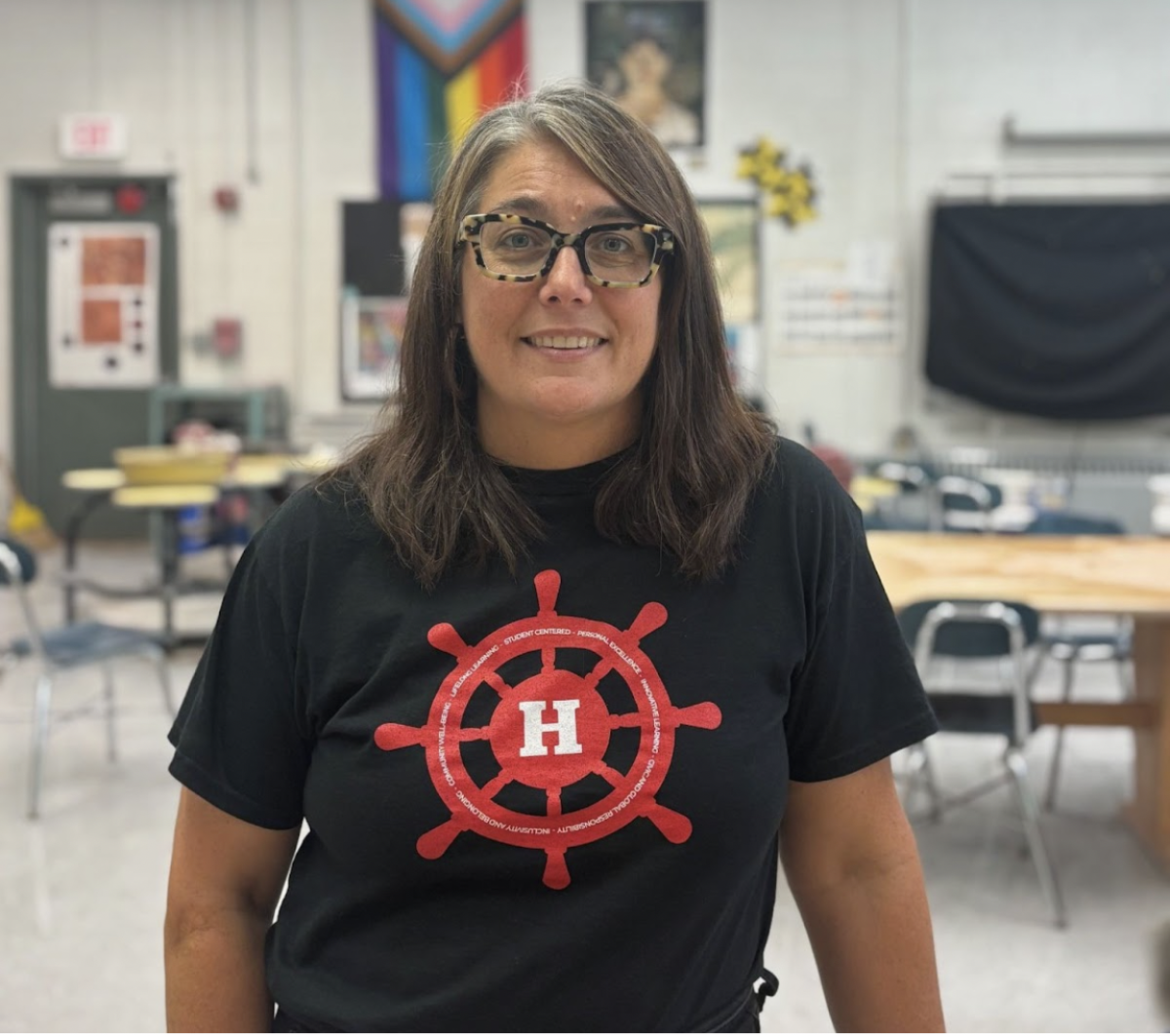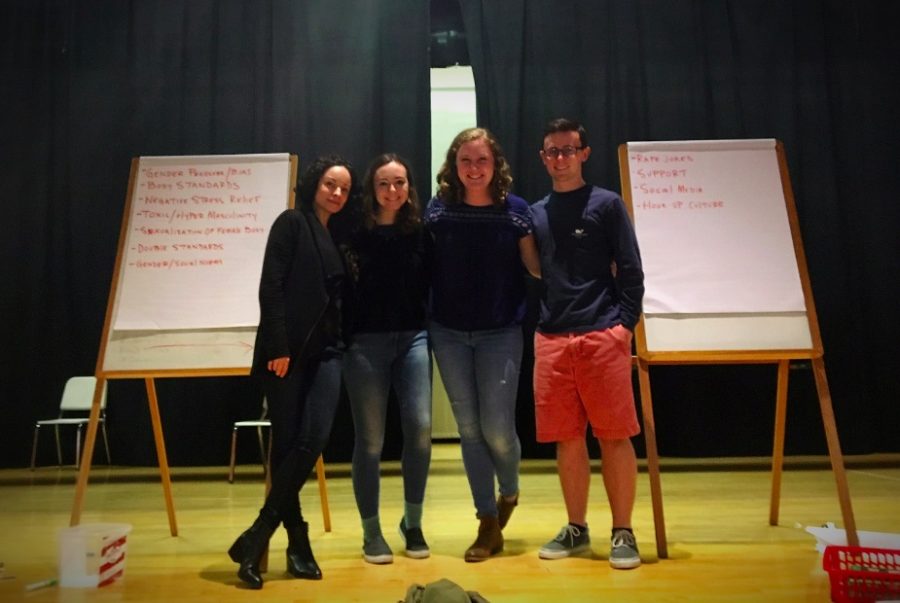Rape Culture: Is It Our Culture?
From left to right: Katie Cappiello, Greta Eustace, Stephanie Pett, and Matt Rice in the auditorium next to the idea boards.
October 23, 2016
Not many people knew what to expect walking into the sophomore assembly last Thursday. As students filed into the auditorium grumbling about the classes they were missing, it became clear that the class of 2019 was anticipating another mainstream talk about respect. However, the minute Katie Cappiello, the author of the play Slut, took the stage all previous disinterest evaporated. Cappiello owned the stage as she commanded the attention of the room and immediately established the auditorium as a safe space. This was an important rule to establish given the topic: rape culture.
Most sophomores had never considered what constituted rape culture or even if it was in their lives before, but that changed when each student was assigned to write about how the role rape culture plays in each of their lives. Being forced to acknowledge how much it affected everyone no matter the means made the sophomore class not just understand the importance of the assembly but, also the importance of their grade being the only one able to witness it.
Katie Cappiello got invested in this topic because of her occupation as a teacher. As her students began to enter high school she noticed more and more of them coming to her to report incidents of sexual assault. Cappiello became, “saddened by the sense of isolation the kids felt and the sense of guilt, sadness and shame they had”. Soon enough Cappiello thought, “ there must be some way to have a thoughtful conversation about it using theater.” So she began to write her play Slut, as a way to connect to kids that had strongly experienced rape culture at some point during their lives. She hoped that, “if there was a way take these things my students were telling me and put them on stage in a way that was authentic and would resonate with them and that would be impactful and could create a platform for thoughtful conversation about the topic”.
Eventually she started touring schools, trying to get both children and adults to understand what rape culture really is. By giving these talks Cappiello is really giving, “a community of students the opportunity to talk about something they would never have talked about and be apart of a thoughtful conversation”. The end game however, is to not only educate the students about rape culture but, “to get the students energized and prepared and excited to carry on the conversation”. For the sophomores of Hingham High it is clear that she accomplished her goal, given the meeting Tuesday at seven in room 103 that students decided on having because they personally want to further the discussion.
Although each student was impacted differently based on their own experience, most of the sophomore class left the auditorium feeling a sense of responsibility to educate the rest of the school. Sophomore Abby Fennelly described the assembly as, “a super empowering workshop and one of the best experiences [she’s] had at Hingham High to date”. Abby genuinely felt that, “a lot of the students in our class seemed to open up and learn a lot” and she, “has faith in us to make the changes we need to make.” Another sophomore, Nicholas Sullivan left the assembly hoping that, “Sophomores will be able to teach proper behavior to incoming and younger classes.” The safe place Cappiello provided gave more people the courage to open up and really learn without the fear of disrespecting anyone. Claire Haney, an attendee of the meeting felt that, “it really opened people’s minds about rape culture, how serious it is and how it affects everyone. We are the ones who have to change it, and I like how they thought sophomores could be the ones to start that”. The sophomore class has been given the education and tools necessary to understand rape culture now it becomes their responsibility help the rest of the school truly understand what it is.


